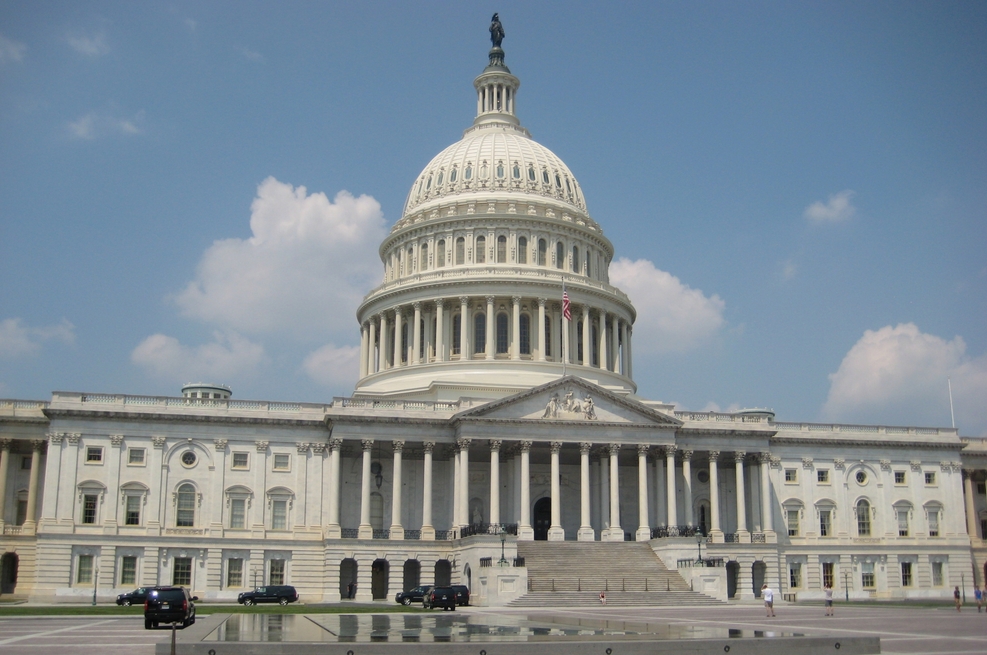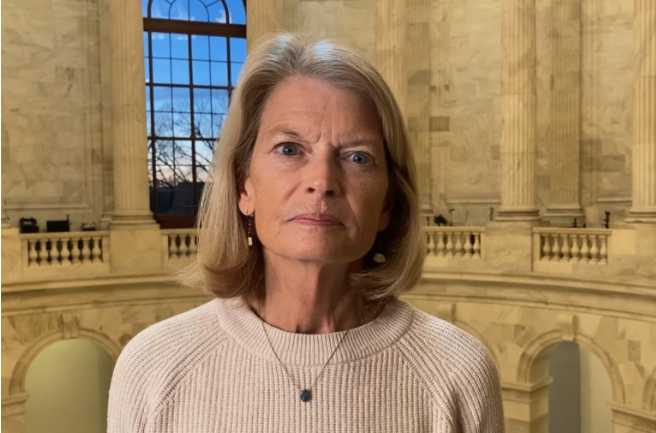 Juneau – Tuesday night, over 100 Alaskans provided public testimony to the Senate Labor and Commerce Committee on the proposed Education Funding Act, one of the four pillars of the comprehensive fiscal plan put forward by the Alaska House Majority Coalition. A significant majority of those who testified spoke in favor of House Bill 115 and maintaining Alaska’s commitment to public education and the University of Alaska. HB 115 passed the Alaska House of Representatives earlier this month and is under consideration in the Alaska State Senate.
Juneau – Tuesday night, over 100 Alaskans provided public testimony to the Senate Labor and Commerce Committee on the proposed Education Funding Act, one of the four pillars of the comprehensive fiscal plan put forward by the Alaska House Majority Coalition. A significant majority of those who testified spoke in favor of House Bill 115 and maintaining Alaska’s commitment to public education and the University of Alaska. HB 115 passed the Alaska House of Representatives earlier this month and is under consideration in the Alaska State Senate.
“I was heartened to see so many Alaskans willing to wait hours on the phone or in person to voice their support for this key pillar of our comprehensive fiscal plan,” said Speaker of the House Rep. Bryce Edgmon (D-Dillingham). “This is further proof that Alaskans want a full fiscal solution this year to stabilize the economy and end the ongoing recession.”
HB 115 features a modest, progressive income tax anticipated to generate $687 million a year once fully implemented in 2019. $80 million would come from non-residents, who would be taxed on income earned in Alaska. When combined with the House version of the Permanent Fund restructure, these two mechanisms ask Alaskans to contribute less than 3 percent of their total annual income, whether they are in the bottom 10 percent of earners or the top 1 percent.
“What we witnessed last night was further proof that Alaskans are willing to undertake some personal sacrifices to provide for education and fiscal stability in the state of Alaska. The burgeoning support for the Education Funding Act is further evidence that our Coalition is on the right course in proposing a plan that fully balances the budget and spreads the burden fairly across the entire economy rather than targeting just one industry or segment of the population,” said House Finance Committee Co-chair Rep. Paul Seaton (R-Homer). “Votes on taxes are hard and politically charged, but it’s become abundantly clear that the people of Alaska want us to make the hard choices, ignore the political risks, and plan for the kind of Alaska we want to live in.”
The money collected from the Education Funding Act would be used to fund K-12 education in Alaska, which the State Senate has targeted for a $69 million reduction. The House version of the FY 2018 operating budget protects the current level of K-12 and University of Alaska funding in the FY 2017 budget.
“Without new revenue, Alaska will lose many of the essential services that previously were funded by oil. I am not willing to sacrifice the education of my children, or any child, just because the price of oil dropped. If education goes south, people will go south,” said Rep. Adam Wool (D-Fairbanks). “I understand that taxes can be a dangerous issue for many politicians, but our Coalition was formed to make the hard decisions and take the tough votes. That’s what we did by passing House Bill 115 in the House and that’s what the people want. With the support of the people we can convince the Senate to do the same.”
The Alaska House Majority Coalition’s comprehensive fiscal plan is made up of the House version of HB 111 to reform Alaska’s unsustainable oil tax and credit system, the responsible budget cuts included in HB 57, the appropriate use of some of the earnings from the Alaska Permanent Fund Earnings Reserve in SB 26, and the Education Funding Act. All of those pieces of legislation have passed the Alaska House of Representatives, setting up negotiations between House and Senate leaders over competing visions for Alaska’s future.
House Bill 115 is currently under consideration by the Senate Labor and Commerce Committee, which held the public testimony on the bill Tuesday night.
[xyz-ihs snippet=”Adsense-responsive”]








